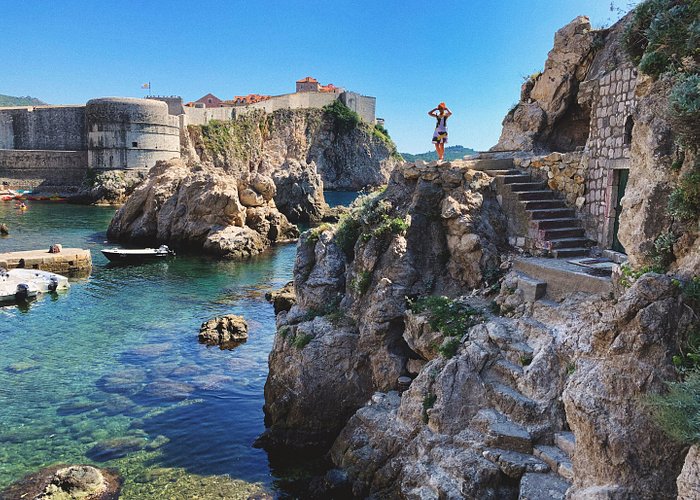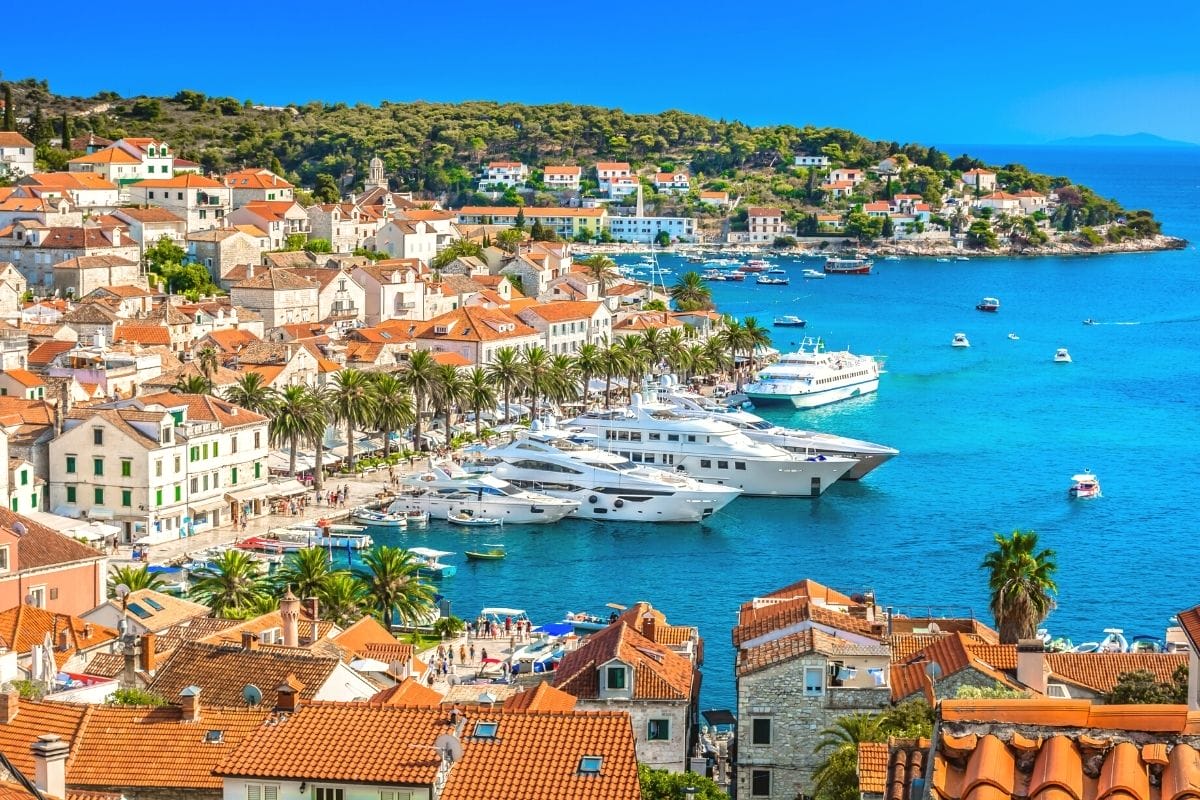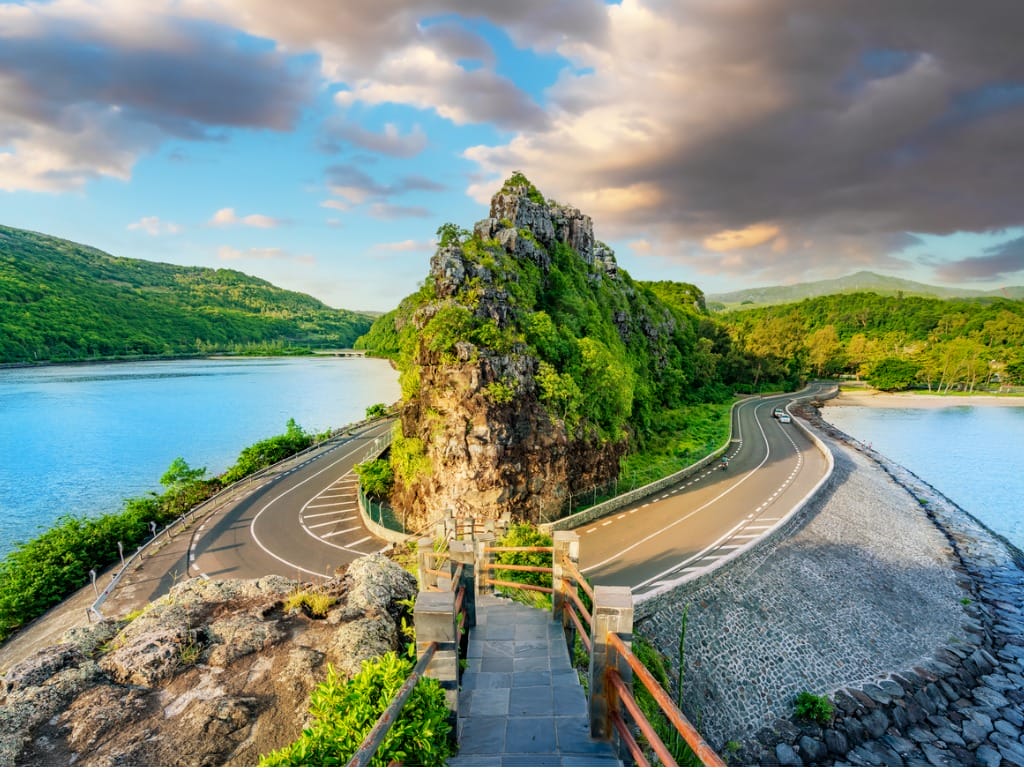Croatia is a charming country that offers a rich blend of history, natural beauty, and vibrant culture. Before setting off on your Croatian adventure, it’s important to familiarize yourself with the essentials. From understanding Croatia’s history and culture to preparing for your trip and exploring the local cuisine, this guide will provide you with all the information you need.
Understanding Croatia: An Overview
Croatia boasts a fascinating history that dates back thousands of years. From its origins as ancient Illyria, to its inclusion in the powerful Roman Empire, to its more recent struggles during the Balkan Wars, Croatia’s past has shaped its present identity. Understanding Croatia’s history will add depth to your experience and help you appreciate its cultural heritage.
Croatia’s geographical location has played a significant role in shaping its history. Situated at the crossroads of Central Europe, the Mediterranean, and the Balkans, it has been a melting pot of different cultures, religions, and influences throughout the centuries. This diverse heritage is reflected in the country’s architecture, cuisine, and traditions.
The ancient Illyrians were the earliest known inhabitants of the region, leaving behind traces of their civilization in the form of archaeological sites and artifacts. The Illyrians were later conquered by the Romans, who established cities and infrastructure that still stand today. The Roman influence can be seen in the well-preserved amphitheater in Pula and the ancient Diocletian’s Palace in Split.
During the medieval period, Croatia experienced the rise and fall of various kingdoms and dynasties. The Kingdom of Croatia, which emerged in the 10th century, played a crucial role in the struggle between the Ottoman Empire and the Habsburg Monarchy. The fortified city of Dubrovnik, with its impressive defensive walls, was a symbol of resistance against Ottoman expansion.
In more recent history, Croatia faced significant challenges during the Balkan Wars of the 1990s. The country declared independence from Yugoslavia in 1991, leading to a violent conflict with Serbian forces. The scars of this war are still visible in some areas, but Croatia has made remarkable progress in rebuilding and establishing itself as a modern European nation.

Brief History of Croatia
Croatia’s history is a captivating tapestry of ancient kingdoms, medieval wars, and modern nation-building. From the arrival of the Croats in the 7th century to the formation of the independent Republic of Croatia in 1991, each chapter has left its mark on the country’s landscapes and traditions.
One of the defining moments in Croatian history was the Union of Croatia with the Kingdom of Hungary in the 12th century. This union lasted for several centuries and had a profound impact on the country’s political, cultural, and social development. The period of Hungarian rule saw the construction of magnificent castles and fortresses, such as Trakošćan Castle and Osijek Fortress.
The 19th century marked a period of intense nationalism and cultural revival in Croatia. The Illyrian Movement, led by prominent intellectuals and writers, sought to promote Croatian language and culture, laying the foundations for the modern Croatian national identity. This period also witnessed the emergence of prominent Croatian artists, musicians, and poets who contributed to the country’s rich cultural heritage.
The turbulent 20th century brought both challenges and achievements for Croatia. After World War I, Croatia became part of the Kingdom of Serbs, Croats, and Slovenes, later renamed Yugoslavia. The country experienced political upheavals, occupation during World War II, and the establishment of socialist Yugoslavia under the leadership of Josip Broz Tito. Croatia’s journey towards independence in the 1990s was marked by a struggle for self-determination and the desire to establish a democratic and sovereign state.
Croatian Culture and Traditions
Croatia’s culture is a vibrant blend of influences from nearby Mediterranean countries, as well as its own unique Slavic heritage. Traditional dances, folklore, and regional customs are still celebrated today, providing a window into Croatia’s rich cultural tapestry. Whether it’s witnessing a klapa singing performance or participating in a local festival, immersing yourself in Croatian culture is sure to be a memorable experience.
The traditional Croatian cuisine is another aspect of the country’s culture that should not be missed. From the coastal regions known for their fresh seafood dishes to the inland areas famous for hearty meat stews and homemade pasta, Croatian cuisine offers a diverse range of flavors and culinary traditions. Don’t forget to try local specialties such as peka, a slow-cooked dish made with meat and vegetables, or štrukli, a delicious cheese-filled pastry.
Croatia is also known for its vibrant arts scene, with numerous galleries, theaters, and music festivals throughout the country. The Museum of Contemporary Art in Zagreb showcases the works of Croatian and international artists, while the Dubrovnik Summer Festival attracts performers from around the world to its open-air stages. Whether you’re a fan of classical music, modern art, or traditional crafts, Croatia offers a wealth of cultural experiences to satisfy every taste.

Language and Communication in Croatia
Croatian is the official language of Croatia and is spoken by the majority of the population. While English is widely spoken in tourist areas, learning a few basic Croatian phrases will enhance your interactions with locals and show respect for the local culture. Croatians are known for their warm hospitality, and making an effort to communicate in their language will be appreciated.
Learning Croatian can also open doors to discovering hidden gems off the beaten path. Many locals in rural areas may not speak English fluently, but they will be delighted to help you explore their villages, share stories, and introduce you to their traditional way of life. From the picturesque Istrian hilltop towns to the charming Dalmatian islands, speaking some Croatian will enable you to connect with the locals on a deeper level and gain a deeper understanding of their customs and traditions.
Furthermore, the Croatian language itself is a fascinating aspect of the country’s culture. It belongs to the South Slavic branch of the Slavic language family and has its own unique alphabet, known as the Croatian Latin script. The language has evolved over the centuries, influenced by neighboring languages and dialects, resulting in a rich linguistic tapestry that reflects Croatia’s historical connections with its neighbors.
Preparing for Your Trip
Before embarking on your Croatian adventure, it’s important to consider a few practical aspects.
When planning your trip to Croatia, you’ll want to take into account the best time to visit. Croatia enjoys a Mediterranean climate, with warm summers and mild winters. The peak tourist season runs from June to August when the weather is at its best, with plenty of sunshine and warm temperatures. However, it’s also the busiest and most expensive time to visit, as tourists flock to the stunning Adriatic coast and the picturesque cities. If you prefer to avoid the crowds and enjoy a more relaxed experience, spring and autumn are ideal seasons for exploring Croatia’s cities and natural wonders. During these months, the temperatures are milder, and the landscapes are adorned with vibrant colors, creating a picturesque setting for your adventure.
Best Time to Visit Croatia
Croatia enjoys a Mediterranean climate, with warm summers and mild winters. The peak tourist season runs from June to August when the weather is at its best, but it’s also the busiest and most expensive time to visit. Spring and autumn offer milder temperatures and fewer crowds, making them ideal seasons for exploring Croatia’s cities and natural wonders.
When it comes to travel documents, it’s essential to ensure that you have a valid passport before entering Croatia. Citizens of many countries, including the United States, Canada, and the European Union, do not require a visa for short-term visits. However, it’s always a good idea to check the latest travel requirements before your trip. You can do this by visiting the official website of the Croatian Ministry of Foreign and European Affairs or contacting the Croatian embassy or consulate in your country. By staying informed about the necessary travel documents, you can ensure a smooth and hassle-free journey to the beautiful land of Croatia.
Essential Travel Documents
Ensure that you have a valid passport before entering Croatia. Citizens of many countries, including the United States, Canada, and the European Union, do not require a visa for short-term visits. However, it’s always a good idea to check the latest travel requirements before your trip.
When it comes to health and safety considerations, Croatia has a high standard of healthcare, with modern facilities available throughout the country. In case of any medical emergencies, you can rest assured that you will receive quality care. However, it’s recommended to have travel insurance that covers medical expenses, as unforeseen circumstances can occur during your trip. This will provide you with peace of mind and financial protection in case of any unexpected medical situations.
Tap water in Croatia is generally safe to drink, meeting the highest quality standards. However, if you prefer, bottled water is widely available throughout the country. Whether you’re exploring the vibrant streets of Zagreb or relaxing on the beaches of Dubrovnik, staying hydrated is essential to ensure your well-being and enjoyment of the trip.
As with any destination, it’s important to take precautions against common travel risks. Petty theft can occur in crowded tourist areas, so it’s advisable to keep an eye on your belongings and avoid displaying valuable items. Additionally, Croatia is known for its sunny weather, so it’s crucial to protect yourself from the sun’s rays. Wearing sunscreen, a hat, and sunglasses, as well as seeking shade during the hottest hours of the day, will help you avoid sunburn and ensure a comfortable and enjoyable trip.
Health and Safety Considerations
Croatia has a high standard of healthcare, with modern facilities available throughout the country. It’s recommended to have travel insurance that covers medical expenses in case of emergencies. Tap water in Croatia is generally safe to drink, but bottled water is widely available for those who prefer it. As with any destination, it’s important to take precautions against common travel risks, such as petty theft and sun exposure.
Navigating Croatian Cuisine
Croatian cuisine is a delectable fusion of Mediterranean, Austrian, and Turkish flavors. Exploring the local delicacies will be a highlight of your trip.
Must-Try Traditional Dishes
From coastal seafood specialties to hearty inland dishes, Croatia offers a diverse array of traditional recipes. Don’t miss the chance to savor mouthwatering dishes like “pašticada,” a slow-cooked beef stew, or “peka,” a combination of meat and vegetables slow-cooked under a bell-shaped lid. Seafood lovers will be delighted by freshly caught grilled fish and “black risotto,” a squid ink-infused rice dish.

Popular Croatian Drinks
Croatia is known for its excellent wine production, with local grape varieties such as Plavac Mali and Malvasia producing exceptional red and white wines. Sample some Croatian wines during your visit, and don’t forget to try the national spirit, rakija. This fruit brandy comes in various flavors and is enjoyed as an aperitif or digestif.
Exploring Croatia’s Cities and Landscapes
Croatia’s cities and landscapes are nothing short of breathtaking. From ancient city walls to cascading waterfalls, each destination offers its own unique charm.
Top Cities to Visit
Zagreb, the capital city, is a vibrant hub of culture and history. Explore the picturesque old town of Dubrovnik, known as the “Pearl of the Adriatic.” Discover the Roman ruins of Split and its famous Diocletian’s Palace. And don’t forget to visit the charming coastal town of Zadar, with its stunning sunsets and unique Sea Organ.
Natural Wonders of Croatia
Croatia is blessed with abundant natural beauty. Plitvice Lakes National Park is a must-visit, with its cascading waterfalls and crystal-clear lakes. Experience the magical beauty of Krka National Park, where you can swim under the majestic Skradinski Buk waterfall. For those seeking adventure, head to the breathtaking Paklenica National Park, known for its rock climbing and hiking trails.
Croatian Accommodation and Transportation
Choosing the right accommodation and transportation options will ensure a smooth and enjoyable trip.
Choosing Where to Stay
Croatia offers a wide range of accommodation options, from luxury hotels to cozy guesthouses and private apartments. Consider staying in the historic city centers to immerse yourself in the local atmosphere. Alternatively, opt for a coastal retreat or a countryside villa for a more relaxed experience.
Getting Around in Croatia
Public transportation in Croatia is well-developed, with an extensive network of buses, trains, and ferries connecting various destinations. Renting a car can provide more flexibility, especially if you plan to explore the countryside or venture off the beaten path. If you’re visiting the islands, ferries are the most convenient mode of transportation.
As you prepare for your visit to Croatia, keep these 18 essential things in mind. By understanding Croatia’s history, culture, cuisine, and logistics, you’ll be able to fully immerse yourself in this captivating country. Whether you’re wandering along the ancient streets of Dubrovnik or marveling at the natural wonders of Plitvice Lakes, Croatia is sure to leave an indelible mark on your heart and soul.



